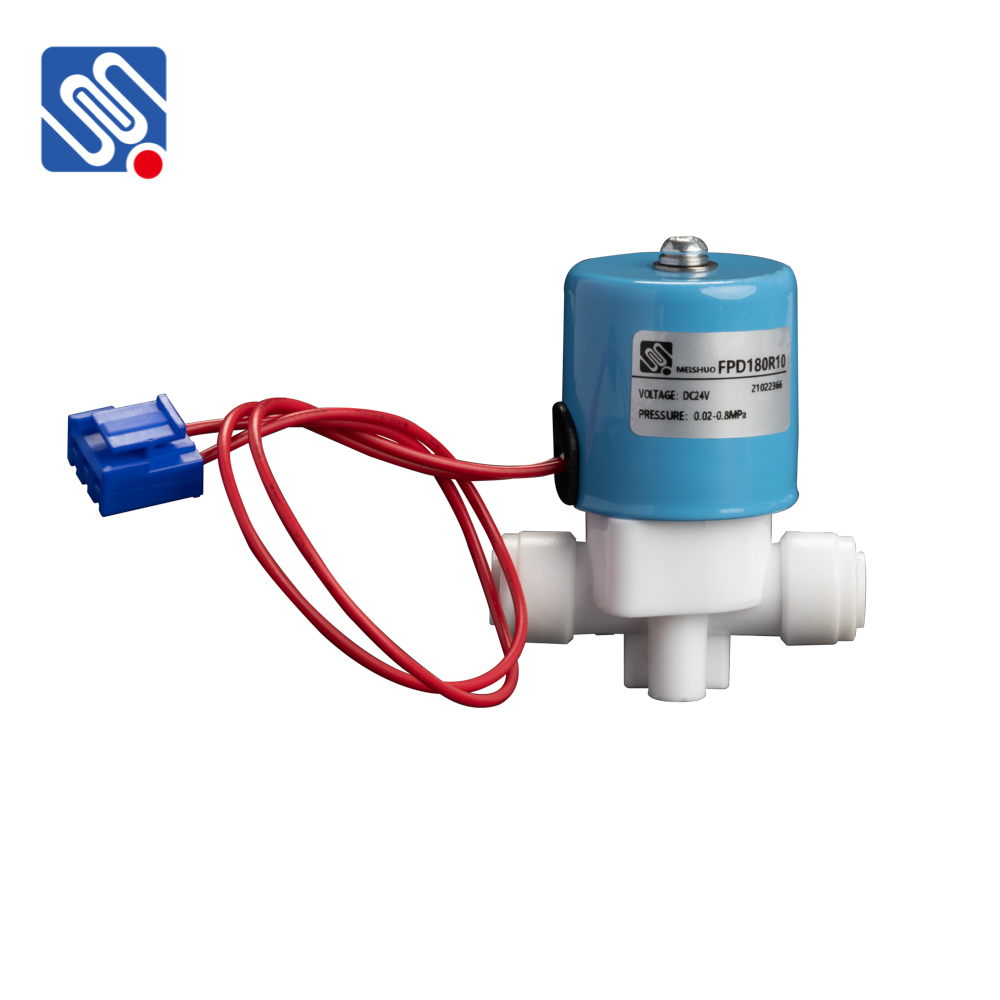Food processing industries require specialized equipment that ensures the highest standards of hygiene and safety. One such essential component is the Food Grade Solenoid Valve, a critical element used for controlling the flow of liquids and gases in food production processes. This valve is specifically designed to meet stringent health and safety standards, ensuring that food products remain uncontaminated during processing. In this article, we will explore the features, applications, and benefits of Food Grade Solenoid Valves, highlighting their significance in the food and beverage sector.

What is a Food Grade Solenoid Valve? A Food Grade Solenoid Valve is a type of electrically operated valve used to control the flow of fluids, including liquids, gases, and vapors, in food processing systems. These valves are designed with materials that meet food safety regulations, ensuring they do not impart any harmful substances to the products they come into contact with. Commonly made of high-grade stainless steel or food-safe plastics, these valves are essential in maintaining the integrity of food products during manufacturing. Key Features of Food Grade Solenoid Valves Food Safety Compliance: One of the primary concerns when selecting valves for food processing is ensuring they comply with food safety regulations. Food Grade Solenoid Valves are built to meet stringent standards such as FDA (Food and Drug Administration) regulations in the United States or European Union norms. These standards guarantee that the valve materials do not release harmful chemicals or contaminants into the food or beverage products.